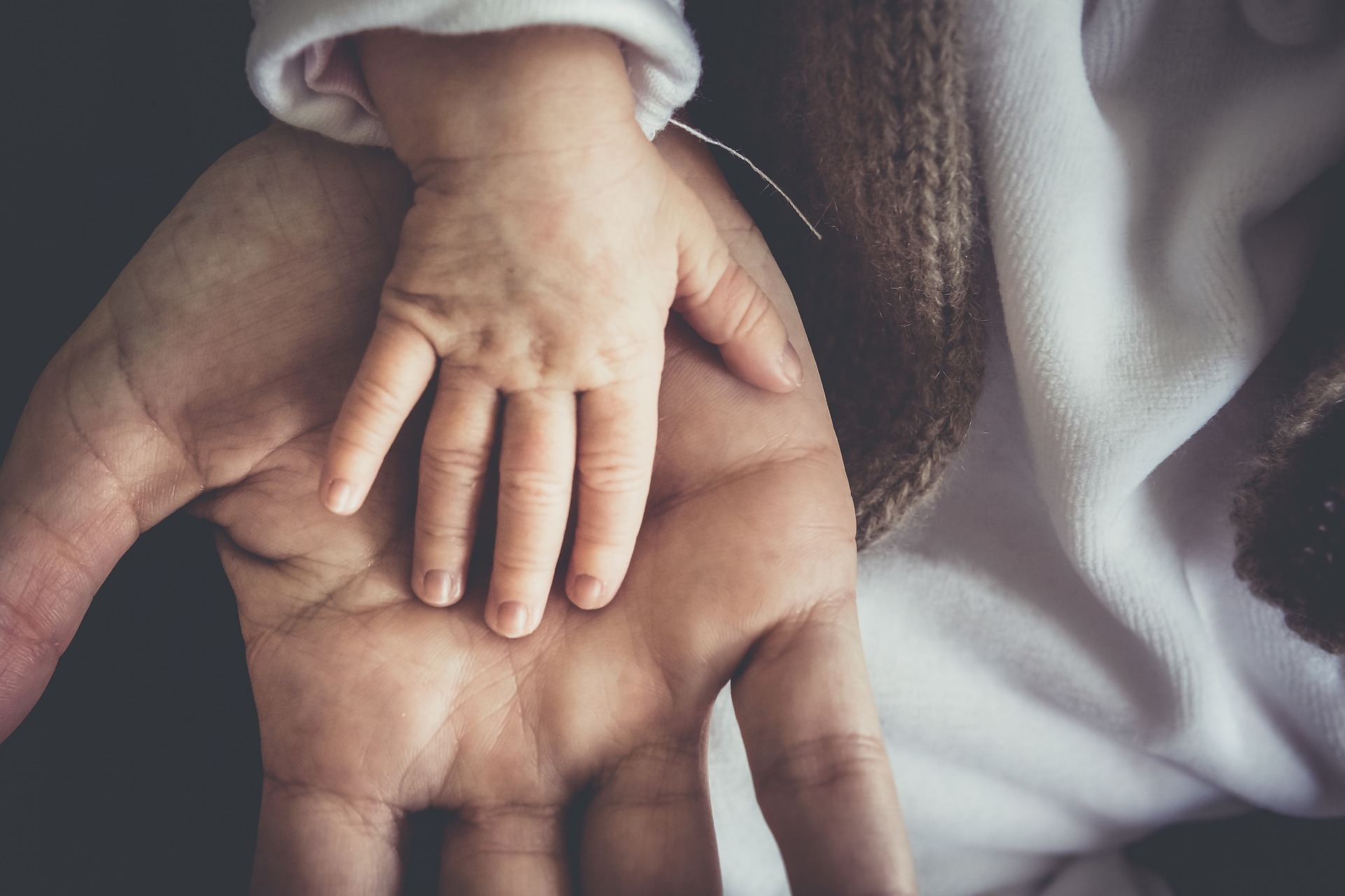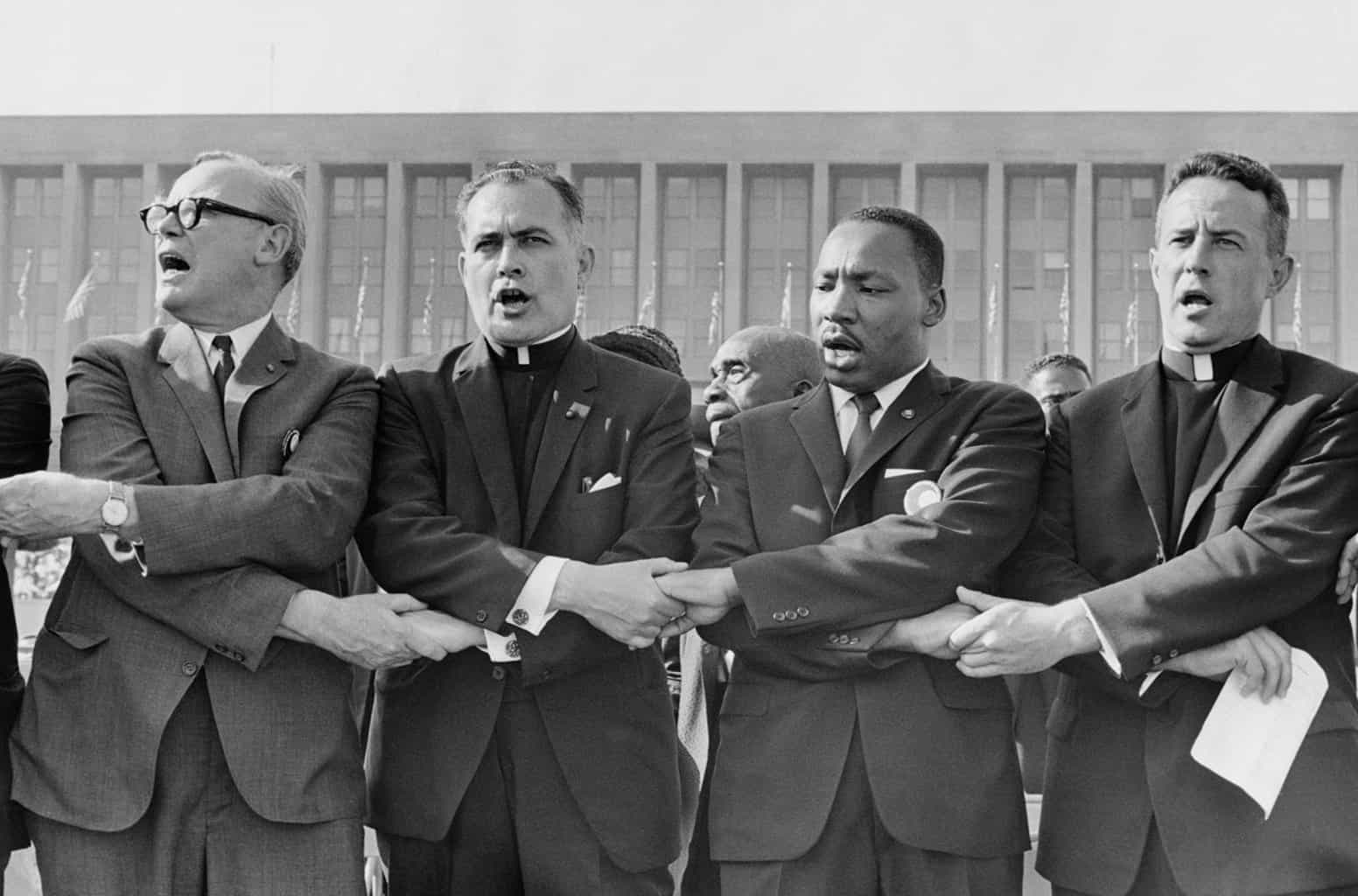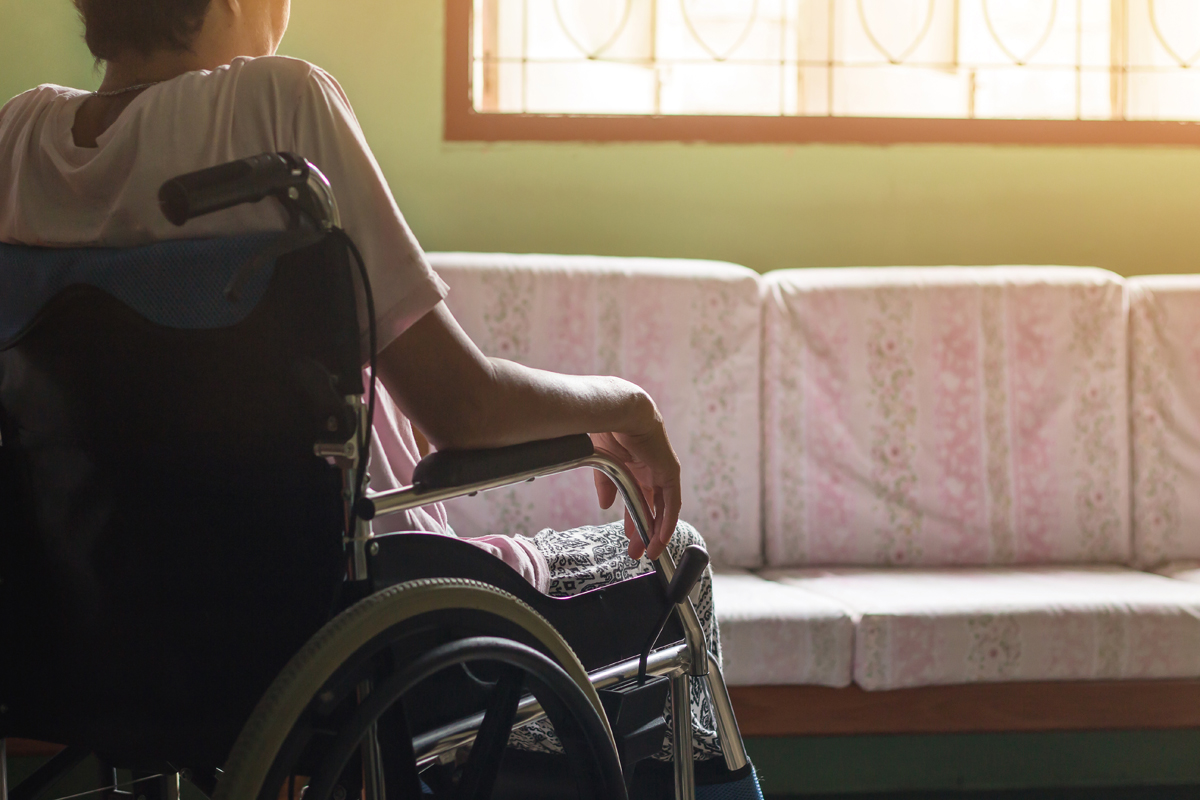Principles for Religious Freedom
The threats to religious freedom and freedom of conscience in health care could not be more serious and imminent. The ongoing global climate has accelerated the forces determined to destroy religious freedom in health care and beyond. The time to act is now. We cannot wait any longer!

1. The Rights of Conscience and Religious Freedom are Basic Human and Civil Rights:
The human and civil rights of conscience and religious freedom are essential to health care policy because these rights protect the freedom of doctors, medical professionals, and patients to make decisions based on their most deeply held beliefs. Each patient must have the ability to make health care decisions based on their well-formed conscience and religious beliefs. Medical professionals must be free to make medical decisions consistent with their well-formed moral and religious convictions. Only where medical providers are free to give care consistent with their moral and religious convictions can patients receive the very best care.
2. The Rights of Conscience and Religious Freedom are Foundational to Civil Rights:
The rights of patients, consumers, health care workers, clergy, and faith-based medical facilities to exercise their religious freedom and right of conscience in health care are among the most basic civil rights and a vital foundation stone for all other civil rights. If the rights of religious freedom and conscience are not protected – if patients cannot control their medical care consistent with their religious beliefs or physicians cannot practice medicine consistent with their conscience – virtually all other freedoms collapse.


3. These Rights are Essential for Protecting Health Care Access:
Many health care workers go into the medical profession to care for the poor and vulnerable because of their religious beliefs or moral convictions. Faith-based medical facilities often persevere in downtrodden communities when virtually everyone else is gone because of their religious belief in caring for the most vulnerable. Protecting the right of religious freedom and conscience for these health care workers of faith and for faith-based medical entities is vital to keeping and expanding health care access for the materially poor and vulnerable. The more we protect the right of religious freedom and conscience in health care, the better we protect health care access for those who need it most.
4. Protecting the Rights of Conscience and Religious Freedom Protects Patient Rights in Their Care:
Protecting religious freedom and conscience in health care includes safeguarding the right of patients to control their own health care decisions consistent with their religious faith or well-formed conscience. Every patient has natural and civil rights to life and dignity that the government is obligated to respect and protect. Without protections for the free exercise of religion and the right of conscience in health care, we risk grave violations of patients’ most fundamental rights and freedoms: to control their own medical care and make decisions consistent with their religious or moral convictions.
